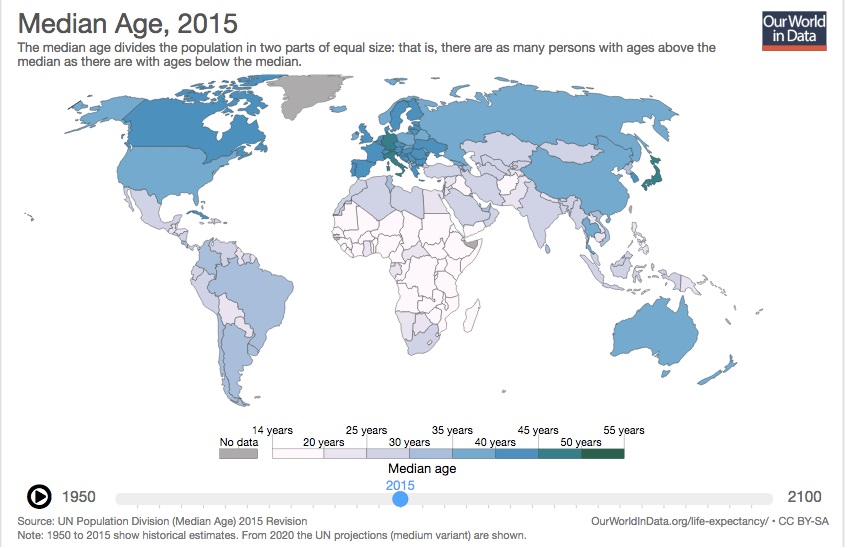 Eduardo Salido,
Eduardo Salido,
The beginning of the millennium implied the definitive economic upturn for Latin America after two decades of losses, once during the debt crises of the ‘80s, and another from the economic turmoil brought on by monetary, fiscal, and other crises during the mid ‘90s. Thanks to the wonderful decade of commodities, unheard of growth rates for the region were achieved between 2002 and 2012, thus recovering part of the time lost in the two previous decades. The adjustment, which follows every expansive period, arrived to the region between 2013 and 2015 coinciding with some noteworthy political realities such as the deaths of Hugo Chávez in Venezuela and Fidel Castro in Cuba, the end of iconic left-wing governments with special ideological and economical influence in the region, like the governments of Lula (Brazil) and Kirchner (Argentina), or the peace process that was begun in Colombia. These small identity crises are added to another deeper and longer one: the end of the growth model of almost all of the Latin American economies. With an anaemic economic growth of 1.1% and 1.8% forecast for 2017 and 2018, respectively, Latin America urgently needs a new economic growth strategy.
Latin America currently has two unique opportunities for its economic development. On the one hand, it is one of the youngest regions in the world. Countries like Peru, Colombia, or Mexico have truly young populations (figure 1). On the other hand, the digitalization of the region can be the lever that transforms the regional economies through greater industry productivity, an increase of presence in international markets, thus contributing to improving the competitiveness of the different local economies on a global level. To achieve these objectives both the public and private sectors will be responsible to set up an agenda that increases the impact of those public policies put in place to digitize Latin America.
Figure 1

Source: ourworldindata.com
The book “Business Initiatives and Public Policies to Accelerate the Development of a Latin American Digital Ecosystem” presented by Professor Raúl Katz at the Casa de América on May 18, details the fundamental conditions necessary for digitalization to prosper in Latin America and thus make sure that the region enters into a new more balanced, inclusive, and sustainable economic growth phase.
A series of structural public policy measures, described in the book as systemic and distributive and which we describe further below, is necessary to reach this stage:
- Innovation and venture capital: Turning innovation into a systemic policy, with a long-term institutional commitment in which the public sector plays a fundamental role as promoter and guarantor of innovation. The other side of the coin is private capital and the seed money necessary to give form to this innovation. Broad and solid capital markets are necessary to allow the growth of technology companies.
- Education and human capital: Establishing a policy regarding human capital, training, and education that makes it possible to face the digital challenges that societies face.
- Digital industrial policy: Having a digital agenda that allows the new digital technologies to permeate towards all economic branches and sectors.
- Civic policy: Placing citizens and their social needs and concerns at the centre of the digital policies.
Furthermore, acting on an international level is also necessary for complementing these systemic policies, establishing a series of cooperation measures within the scope of international law (extraterritoriality), such as in tax and regulatory cooperation matters. Establishing changes in the tax treatment of digital transactions is therefore essential, especially through the redefinition of taxable transactions. Another priority must similarly be the establishment of tax cooperation agreements on an international level to avoid unbalances in the distribution of income among countries.
Systemic, enabling and distributive policies require an adequate institutional organization that serves as an accelerating lever of the changes that every digital transformation process requires. For that purpose, adapting and agreeing on an institutional model that promotes innovation and knowledge in Latin America becomes necessary. Furthermore, the leadership of governments in the digitalization of the state is not only necessary in terms of policies, but also in the digitalization of the services that are provided to citizens.

Latin America is facing an opportunity that would allow the transformation of its economy, and that would therefore give rise to a new phase of development and growth for the entire region. For 500 years, Latin America has been an ecosystem of coexistence and respect between nations with a common language. Why not take this ecosystem one step further and transform Latin America into a prosperous and unique digital ecosystem? A talented, creative, young, and dynamic region cannot aspire to anything less than transforming the digital opportunity into a reality.








